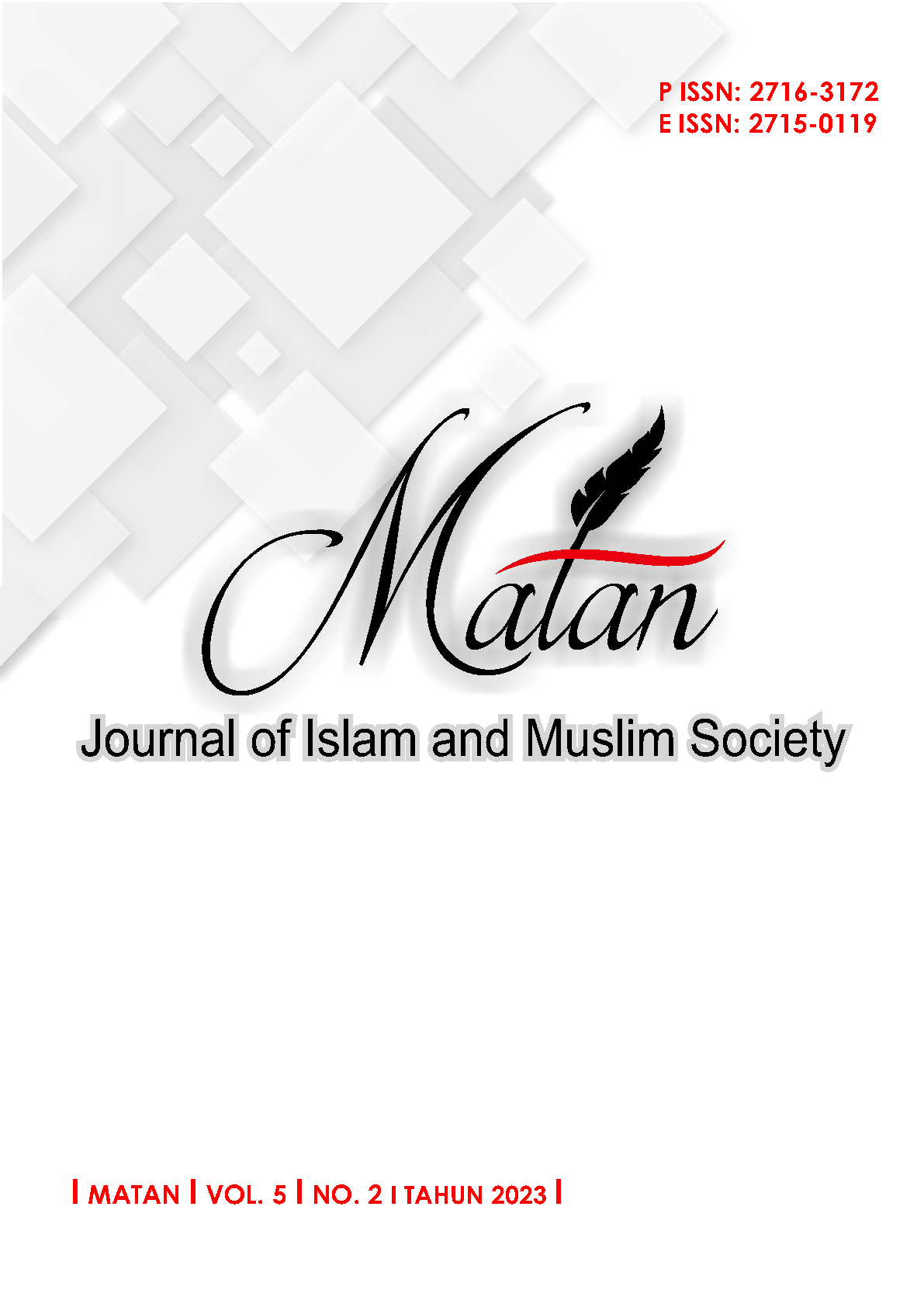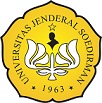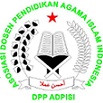The Construction of Sufism in Novel Arinillah by Taufiq Al-Hakim and its Urgence for Modern Muslims
Abstract
This research is library research that aims to examine and analyze the values of Sufism in the novel Arinillah by Taufiq Al-Hakim. Sufism values are listed in each storyline, and the depiction of the characters facing life's problems in the novel Arinillah by Taufiq Al-Hakim. This research is a qualitative descriptive study with stages, namely the stages of providing data, analyzing data, and presenting the results of data analysis. The data source in this research is Novel Arinillah Karya Taufiq Al-Hakim. The data collection technique used reading and note-taking techniques, and the data were analyzed using qualitative descriptive methods. As for the results of this study, Taufiq Al-Hakim gave the values of the spirituality of Sufism in the novel Arinillah. The Sufism values contained in the novel are patience, tawakkal, zuhud, pleasure, repentance, divine love, and faqir. These values can be integrated into modern Muslim life to solve spiritual thirst. The individualistic, materialist, hedonistic style of community life that emphasizes ratio can be reduced by integrating the values of zuhud, tawakkal, and patience. The application of value of Sufism is very important to be applied during increasingly modern life and increasingly sophisticated technological developments.
References
Bod, Rens, World of Patterns : A Global History of Knowledge (Johns Hopkins University Press PP - Baltimore, 2022)
Bustam, Betty MAuli Rosa, ‘Analisis Semiotika Terhadap Puisi Rabi’atul Adawiyah Dan Kalimat Suci Mother Teresa’, Analisa, 21.2 (2014), 227–38
Ephrat, Daphna, Sufi Masters and the Creation of Saintly Spheres in Medieval Syrianull (Arc Humanities Press, 2021)
Khoiron, Khoiron, Purwo Santoso, and Budi Irawanto, ‘Democracy in Zuhud Concept: Politics of Articulation of Truth of Gus Mus’ Intelligence Practice in the 2015 NU Congress’, Politik Indonesia: Indonesian Political Science Review, 8.1 (2023)
Kroeger, Paul R, Analyzing Meaning : An Introduction to Semantics and Pragmatics. Second Corrected and Slightly Revised Edition. (Language Science Press PP - Berlin)
Pamungkas, Sidiq Aji, and Kundharu Saddono, ‘Repetisi Dan Fungsinya Dalam Novel Di Tanah Lada Karya Ziggy Zezsyazeoviennazabrizkie: Analisis Stilistika’, METASASTRA: Jurnal Penelitian Sastra, 11.1 (2018), 113
Sa’dudin, Ihsan, ‘Reorientasi Nilai Sufisme Individual-Transedental Dalam Naskah at Tuhfah Al Mursalah Menuju Sosio-Empirik’, Jurnal Online Studi Al-Qur An, 2018
Sa’dudin, Ihsan, Eka Safitri, Muhammad Dedad Bisa Raguna Akastangga, Nur Huda, and Elsayed Mohamed Salem Alawadi, ‘Bahrain Meaning in the Story of Musa and Khidr’, Jurnal Al Bayan: Jurnal Jurusan Pendidikan Bahasa Arab, 14.1 (2022), 136–55
Shofwan, Arif Muzayin, ‘Pesan Al-Matubuli Dalam Kitab Minahus Saniyah Karya Syaikh Abdul Wahab As-Sya’rani’, Spiritual Healing: Jurnal Tasawuf Dan Psikoterapi, 3.2 (2022), 72–81
Sidqi, Ahmad, ‘Mendaras Manunggaling Kawula Gusti Syekh Siti Jenar’, Dinamika Penelitian, 17.1 (2017)
Stavans, Ilan, On Self-Translation : Meditations on Language (SUNY Press, 2018)
Syarifah, Lailatus, and Turahmat Turahmat, ‘Nilai Moral Puisi Ketika Agama Kehilangan Tuhan Karya Gus Mus’, Jurnal Bindo Sastra, 3.2 (2020), 126–29
Vannatta, Seth Corwin, ‘Revelation and Reason: Ibn ‘Arabi’s Sufism and G.W. Leibniz’s Idealism’, in Islamic Philosophy and Theology Today, ed. by A-T. Tymieniecka and Nazif Muhtaroglu (Dordrecht: Springer Netherlands, 2010), pp. 63–77
Wiratno, Tri, and Riyadi Santosa, ‘Bahasa, Fungsi Bahasa, Dan Konteks Sosial’, Modul Pengantar Linguistik Umum, 2014, 1–19








